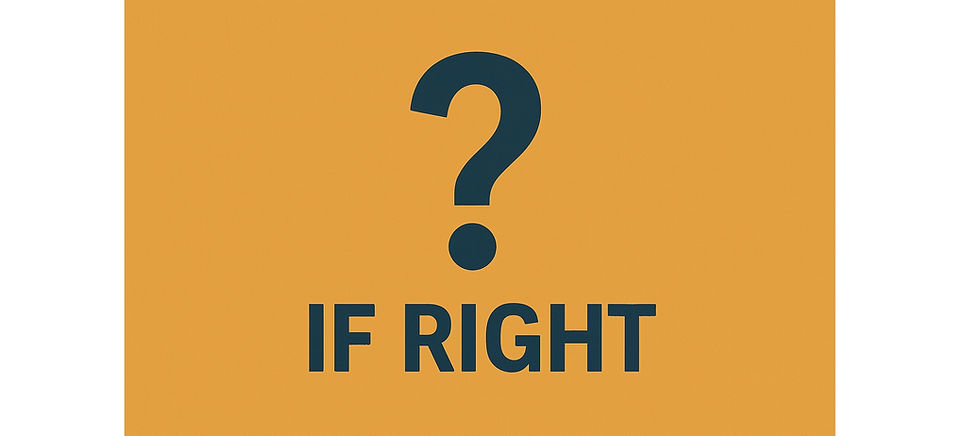If Anders Puck Nielsen Is Right About NATO Planning, NATO Under Rutte Is More Than Brain Damaged—It’s Braindead
- john raymond
- Jul 29
- 3 min read

If Anders Puck Nielsen is right about the state of NATO’s military planning, then we are not witnessing a slowly awakening alliance—we are staring at a terminally deluded one.
According to Nielsen, NATO’s current approach dangerously underestimates the full implications of the drone revolution. Rather than internalizing the core tactical and strategic lessons being written in blood across the Ukrainian front, NATO appears to be clinging to the old gods of air superiority, maneuver warfare, and limited attritional exposure.
If this is true—if NATO under Mark Rutte has failed to restructure its doctrine and procurement priorities around drone-dominated warfare—then it is not just outdated. It is completely braindead.
Up to this point, I have operated under the assumption that Western military planners, while slow and bureaucratic, were at least awake. That they were watching. That they were learning. That in classified wargames and forward-thinking policy rooms, serious people were absorbing the transformation underway and preparing to adapt.
But Nielsen’s analysis suggests otherwise. If his conclusions are accurate, then Western militaries are not merely lagging—they are building their entire future force structure on a fantasy. A fantasy that fighter jets and short wars will save them. A fantasy that dominance in conventional metrics will overcome exponential asymmetry.
Nielsen's warning could not be clearer: the battlefield has changed fundamentally. Drones are not a supplement—they are the dominant force. Their ubiquity, affordability, and tactical utility have created a battlespace where movement is death and visibility is lethal. The lesson is not marginal. It is existential. And if NATO still views drones as a stopgap for countries without "real" air forces, then we are beyond mere doctrinal error—we are in collapse-by-design territory.
The implications are staggering. If the political and military leadership under Secretary General Mark Rutte is still planning for a war of weeks, reliant on traditional air superiority and unprepared for the attritional, drone-choked, deep-strike reality that defines Ukraine, then the alliance has become strategically illiterate. Worse—it is being led by the kind of leadership that confuses PR for readiness and ceremony for deterrence.
Let us be clear: NATO's failure to adapt is not a passive oversight. It is an active refusal to face reality. The data is there. The proof is there. The war is ongoing, and its lessons are being broadcast daily in live footage of trench-line strikes, drone swarms, and industrial-scale attrition.
If NATO still thinks drones are a second-rate weapon system—if they still believe fixed-wing aircraft are the primary vehicle for front-line dominance—they are not preparing for the future. They are preparing to lose.
This is why figures like William Spaniel, who continue to frame the Ukraine war in conventional terms, are not just mistaken—they are dangerous. Their unwillingness to abandon 20th-century assumptions and confront the asymmetries of the modern battlefield contributes to a broader culture of strategic stagnation. These voices lull Western publics and politicians into a false sense of security, while countries like Russia and Ukraine are forging a new model of war through brutal, iterative learning.
So if Anders Puck Nielsen is right—and I believe he could be—then NATO isn’t sleepwalking into disaster. It is speedrunning its own collapse. With eyes open and minds shut, it is refusing to see the very war it claims to be preparing for.
And if Mark Rutte is at the helm of this failure, then NATO has installed a man perfectly suited for the job—not of defending the West, but of overseeing its downfall.






Comments